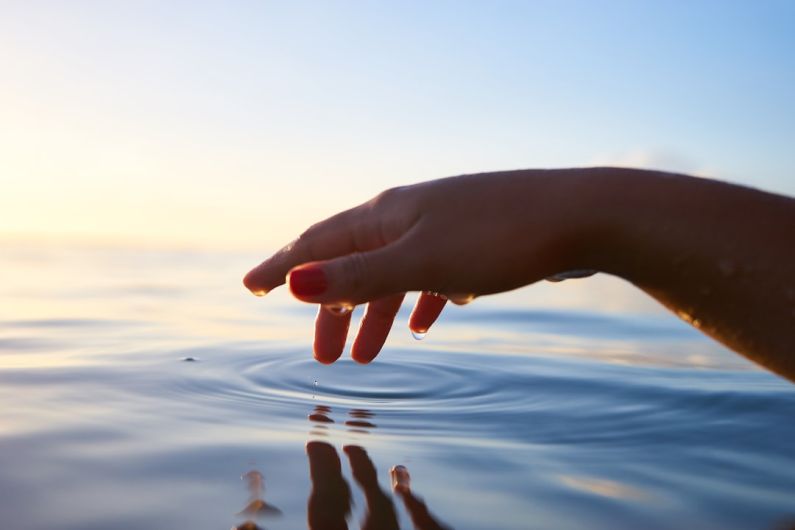The Significance of Water Conservation
Water is an essential resource for all living organisms, and its conservation is of utmost importance. With the growing population and increasing demands for water, it is crucial to recognize the significance of water conservation. By conserving water, we can ensure its availability for future generations and protect our ecosystems. In this article, we will explore the importance of water conservation and how we can all contribute to this vital cause.
Preserving a Precious Resource
Water is a finite resource. Despite covering approximately 70% of the Earth’s surface, only a small percentage of water is freshwater, suitable for consumption. This scarcity makes it imperative to conserve water. By conserving water, we can reduce the strain on our water resources, ensuring that there is enough to meet the needs of both humans and the environment.
Protecting Ecosystems
Water plays a vital role in maintaining healthy ecosystems. It provides habitat for various species of plants and animals, supporting biodiversity. When we conserve water, we help protect these ecosystems from degradation and safeguard the delicate balance of nature. By maintaining healthy ecosystems, we can ensure the long-term sustainability of our planet.
Promoting Sustainable Agriculture
Agriculture is one of the largest consumers of water worldwide. Conserving water in agriculture is not only beneficial for the environment but also for the farmers themselves. By adopting water-efficient irrigation methods and implementing sustainable farming practices, farmers can reduce their water usage and increase their crop yield. This not only helps to conserve water but also promotes sustainable agriculture, ensuring food security for future generations.
Reducing Water Waste
One of the most significant ways to conserve water is by reducing water waste. Many of us unknowingly waste water in our daily lives, such as leaving the tap running while brushing our teeth or taking long showers. By being mindful of our water usage and adopting simple water-saving habits, we can significantly reduce water waste. Fixing leaky faucets, using water-efficient appliances, and collecting rainwater for gardening are just a few examples of how we can save water and make a positive impact.
Raising Awareness
Raising awareness about the importance of water conservation is crucial in bringing about meaningful change. By educating ourselves and others about the significance of water conservation, we can inspire individuals, communities, and governments to take action. Sharing information through social media, organizing community events, and supporting organizations dedicated to water conservation are effective ways to spread awareness and encourage others to conserve water.
Government Policies and Regulations
Government policies and regulations play a key role in water conservation efforts. By implementing water conservation measures, such as water pricing mechanisms, incentive programs, and water-saving regulations, governments can encourage individuals and businesses to conserve water. Additionally, investing in water infrastructure and promoting research and development in water conservation technologies can further support these efforts.
Conclusion: A Call to Action
In conclusion, water conservation is crucial for the sustainability of our planet and the well-being of future generations. By recognizing the significance of water conservation and taking action, we can ensure the availability of clean and safe water for all. Whether it is through reducing water waste in our daily lives, promoting sustainable agriculture, or supporting government initiatives, we all have a role to play in conserving water. Let us come together and make a conscious effort to protect this precious resource, for ourselves and for the generations to come.






